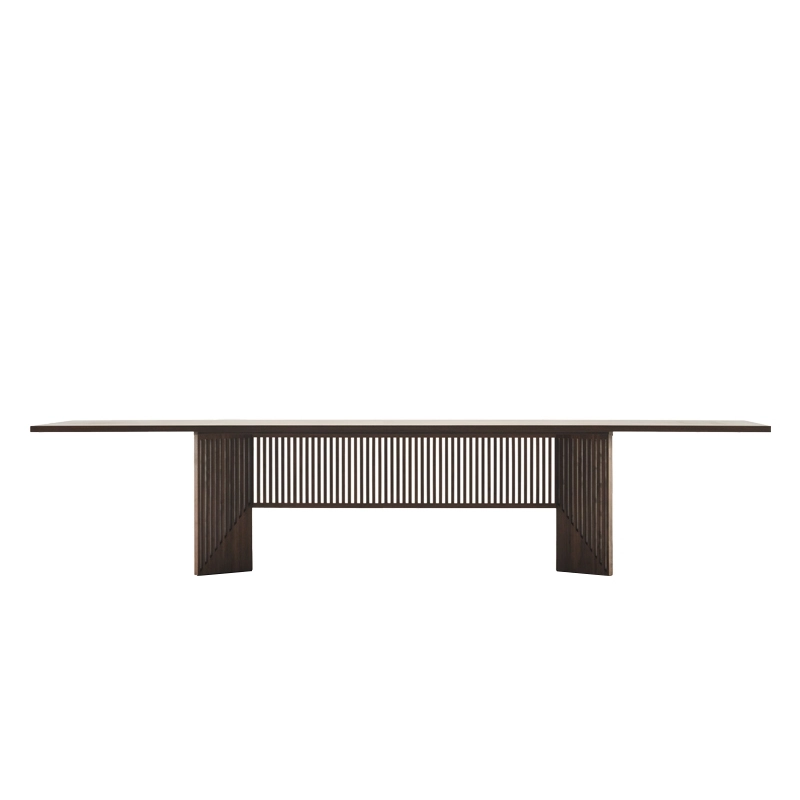
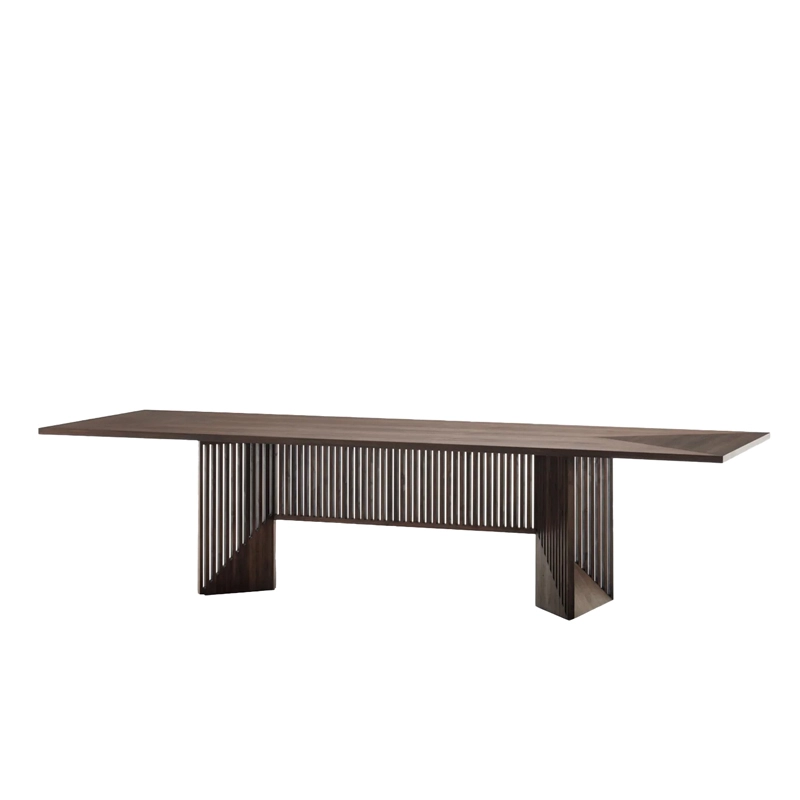
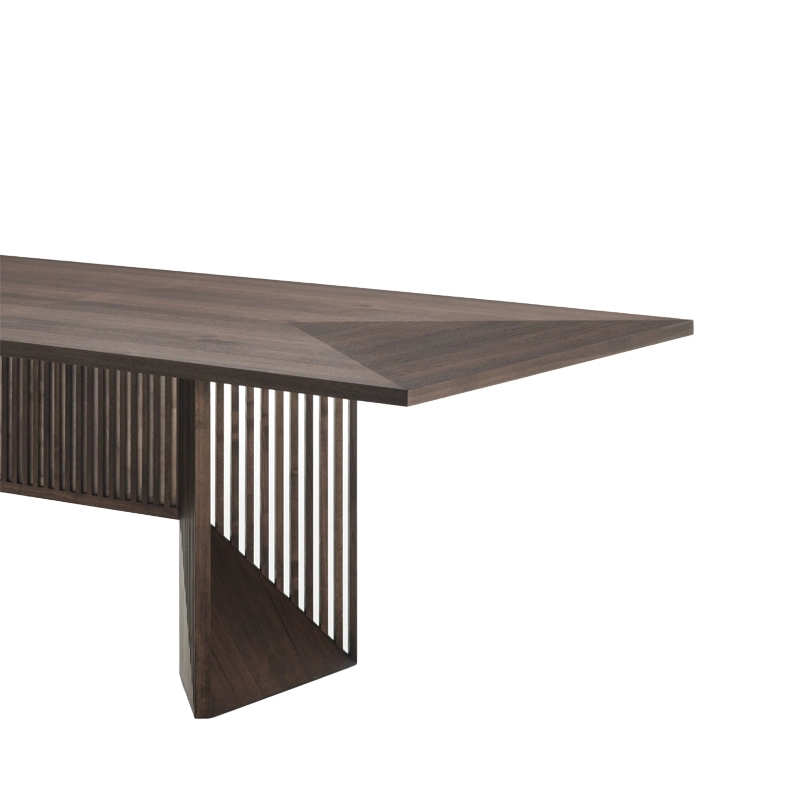
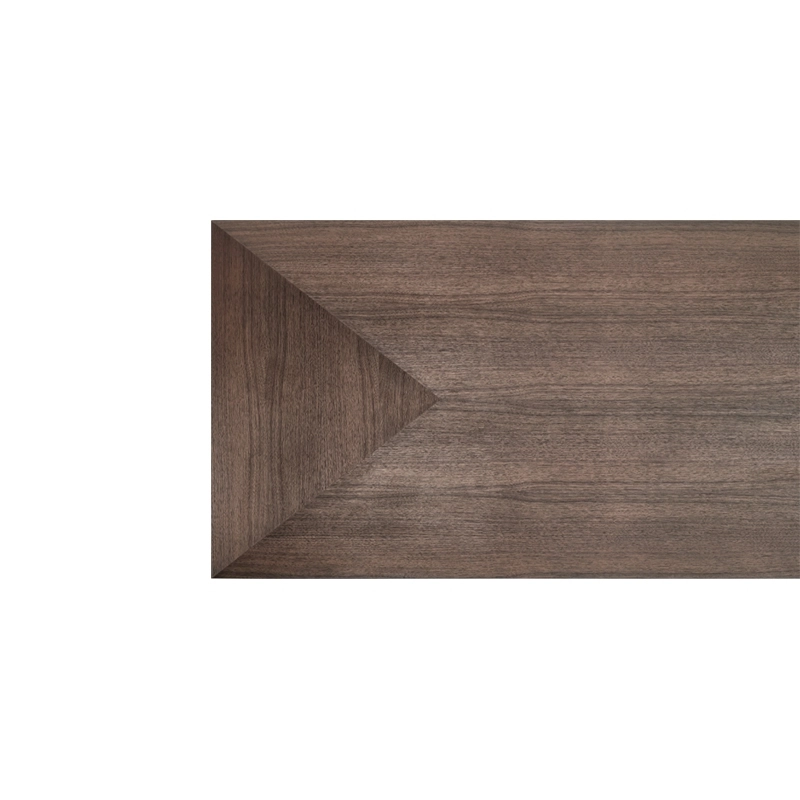
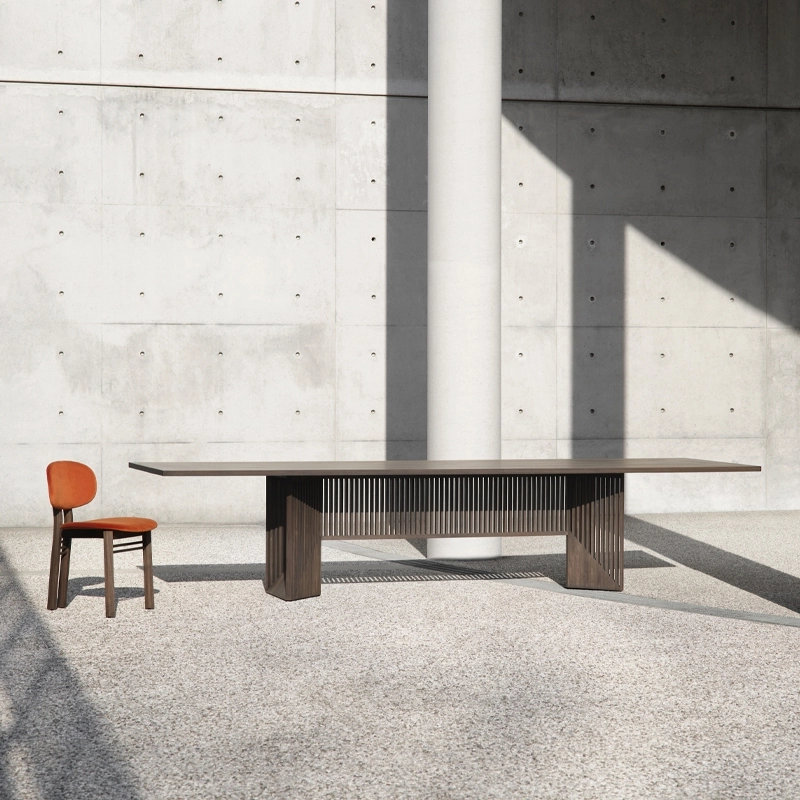
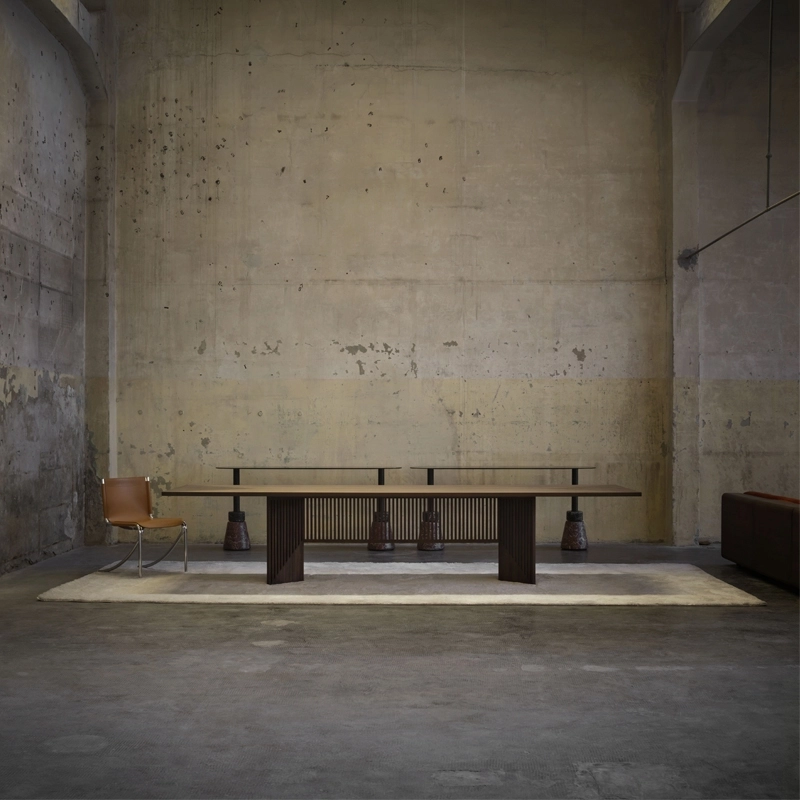
Profitez de tous les avantages que nous proposons et suivez vos achats dans l'historique de commande.
InscriptionVous recevrez un lien par mail pour réinitialiser votre mot de passe.
Livraison possible sous 48h pour les produits en stock.
Livraison classique ou express pour les petits colis. Pour les colis volumineux, Livraison en pas de porte/ pied de l’immeuble, sur palette, contre signature
Livraison sur rendez-vous, selon vos disponibilités, par des livreurs professionnels. Livraison à 2 personnes, chez vous, avec déballage et reprise des emballages
Livraison en Europe sous 5 à 7 jours pour les petits colis et sous 10 à 12 jours pour les colis volumineux
Pour les produits en stock, achetez en ligne* et récupérez votre achat dans notre showroom SILVERA/ESHOP, 83 avenue Niel 75017 PARIS

experte du design depuis plus de 30 ans
parmi plus de 500 marques référencées
et des équipes dédiées à votre projet
prônant durabilité, circularité et respect de l’environnement

